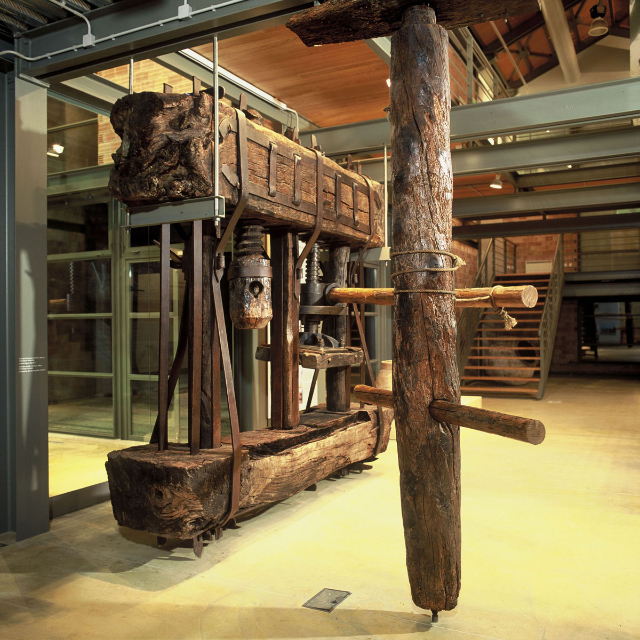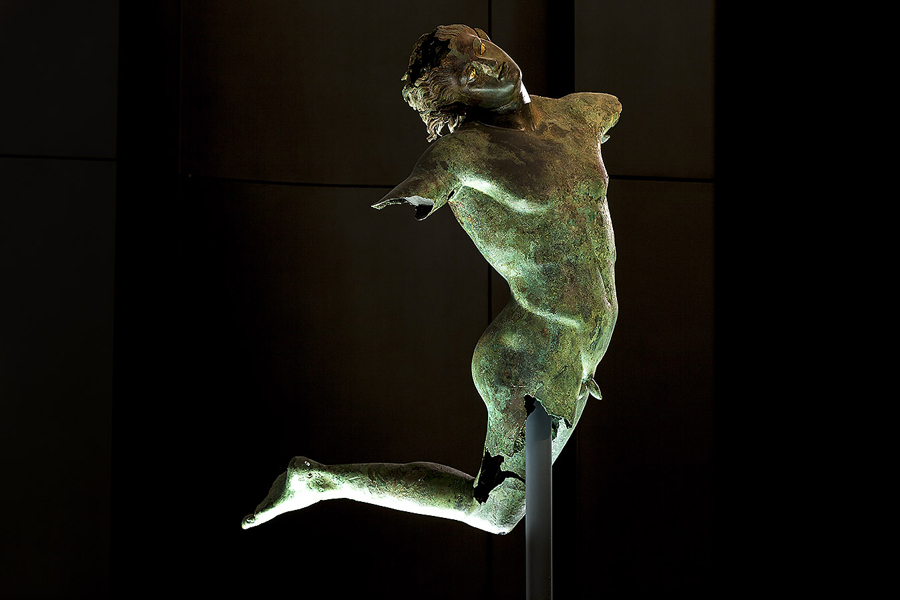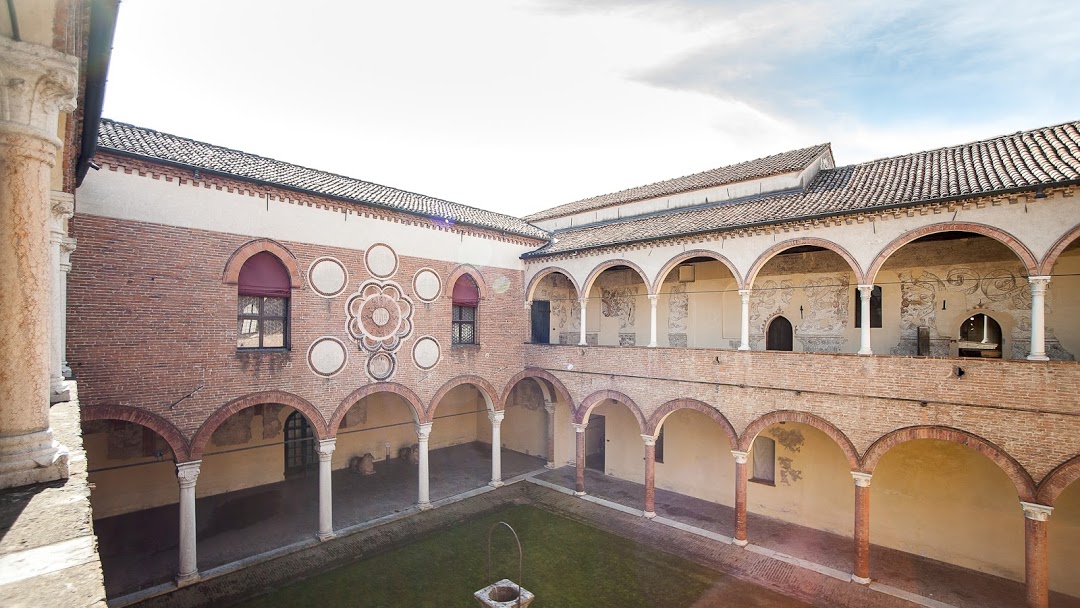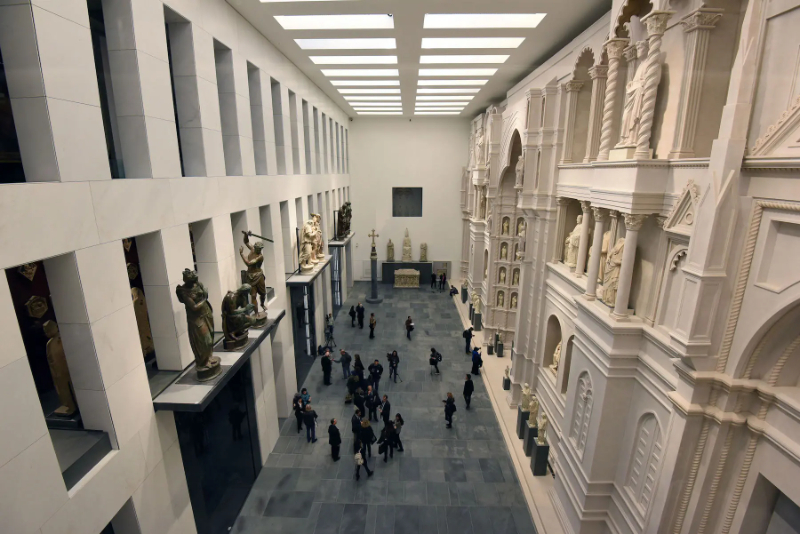Sparti, a name synonymous with the legendary warriors of Sparta, is also home to another, less confrontational, yet equally significant treasure: the Museum of Olive and Greek Olive Oil. Situated in the heart of Sparti, amidst the lush Laconian plains, the museum is a veritable temple dedicated to Greece’s “liquid gold” – olive oil.
Founded by the Cultural Foundation of Piraeus Bank Group, the museum is strategically located in one of Greece’s premier olive-producing regions, Laconia. Through its exhibits, it takes visitors on a sweeping journey that spans centuries, from the olive’s early existence in prehistoric Greece to its contemporary status as an essential food item and a staple in cosmetics and healthcare.
As you ascend the upper floors of the museum, you’re greeted by an array of artifacts and information panels that shed light on the economic and cultural impact of olives and olive oil throughout history. It’s here that you’ll come to appreciate the olive not just as a food item, but as a symbol deeply interwoven into the fabric of Greek society, religion, and art.
The ground floor, a fascinating realm in its own right, serves as a time capsule for olive oil production methods across the ages. A standout exhibit is an early 20th-century animal-powered olive press, a testament to a time before the mechanization of agriculture. This is complemented by a detailed overview of the advancements in olive oil extraction methods, from water-powered to steam-powered, and diesel-powered mechanisms.
And there’s more. Venture to the museum’s open yard and you’ll find a permanent exhibition featuring prehistoric, Hellenistic, and Byzantine olive oil presses, standing as stoic reminders of the age-old bond between man and olive.
For those interested in more practical uses, a dedicated section on the ground floor explores the multifaceted applications of olive oil in both domestic and industrial soap-making.
The Museum of Olive and Greek Olive Oil doesn’t just tell the story of a product; it paints the portrait of a civilization, a people, and their intertwined history with a humble fruit. This is more than just a museum; it’s an education in the rich, golden legacy of Greece, captured in each drop of olive oil.
Whether you’re a culinary enthusiast, a history buff, or just a curious traveler, this museum offers a comprehensive and immersive experience that will deepen your understanding and appreciation for one of Greece’s most beloved and enduring symbols.













